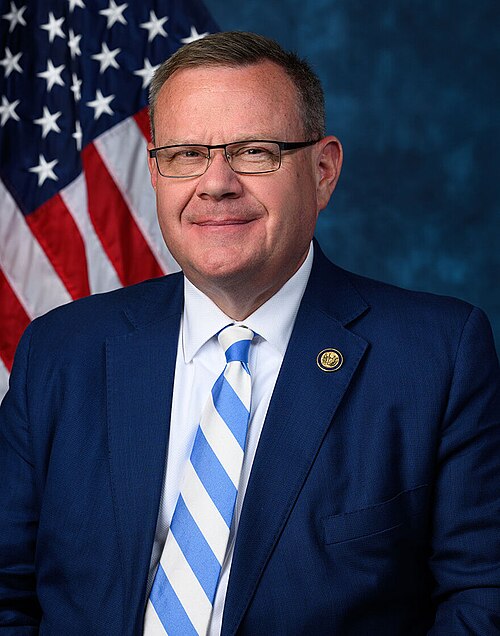
In a revealing sign of institutional decay, several social media accounts belonging to deceased Democratic lawmakers have continued to post updates—ranging from endorsements to casual observations—well after their deaths, raising uncomfortable questions about digital oversight, professional standards, and the ideological tenor of those left running Capitol Hill offices.
Former Reps. Sheila Jackson Lee, Sylvester Turner, and Gerry Connolly have all, in recent months, had their official or semi-official accounts stir back to life, some engaging with political content, others promoting events or initiatives. Jackson Lee, who died in July 2024, “liked” an Instagram post about a mayoral race in June 2025. Turner, who passed away this March, inexplicably updated his profile picture and posted about MLB’s Opening Day. Connolly’s accounts, meanwhile, were used to rally support for a candidate in the special election held to replace him, according to Politico.
The pattern is not only strange—it’s indicative of a deeper problem: a Democratic staffing culture that prizes ideological activism over professional stewardship. In their rush to shape narratives or push causes, staffers appear to have lost sight of the simple obligation to treat the public office with dignity—even, and especially, after death.
“This is not just a glitch in the matrix,” said Zack Brown, former communications director for the late Rep. Don Young told the outlet. “There’s no institutional framework for locking down these accounts. I could still post from Don’s Twitter today if I wanted to—and nobody in D.C. seems to think that’s a problem.”
The situation underscores the hollowness within many Democratic offices, where the staff are often young, transient, and more animated by ideological performance than by the procedural or ethical norms that once governed Hill work. These aren’t digital slip-ups—they’re the predictable byproduct of a staffing model that treats public service as a platform for personal politics rather than an institution to be preserved.
For example, last year, a Democratic staffer was caught filming sex acts in a Senate Judiciary Committee room.
Family members were reportedly involved in managing some of these accounts, but the issue transcends individual cases. What’s missing is any serious institutional guardrail. Congress has protocols for archiving physical records—but not for securing digital ones. The result: accounts drift untethered, allowing staffers or relatives to post on behalf of the deceased with no transparency, no oversight, and no evident concern for public trust.
In some instances, the defense offered is “family consent.” But consent is not competence. And silence from party leadership only reinforces the impression that, for many Democrats, the office itself is secondary to the cause it once served.
This isn’t the first time such behavior has raised eyebrows. In 2020, the Twitter account of Herman Cain remained active long after his death, continuing to post political attacks until it was rebranded as a “Cain family” effort. But that controversy led to a public outcry—and to calls, at least on the right, for clear rules about posthumous political messaging.
The same urgency is lacking today. Constituents reaching out for help may find themselves messaging a ghost. And while the optics are ghoulish, the practical consequences are worse: digital mismanagement opens the door to misinformation, impersonation, and a further erosion of trust in government institutions.
If the Democratic Party is serious about modern governance, it must first get serious about its own offices. That means recruiting professional staff who understand that public service begins with respect—for the institution, for the constituents, and yes, for the dead.
[Read More:











